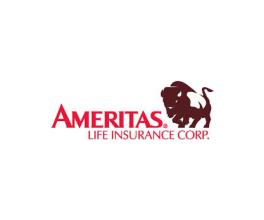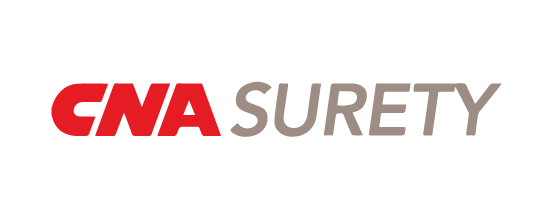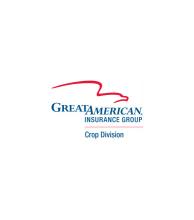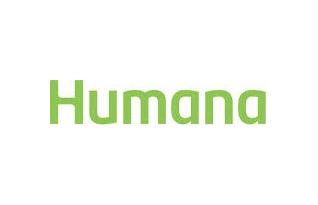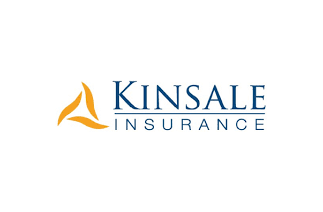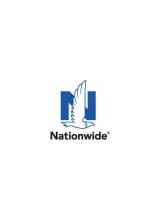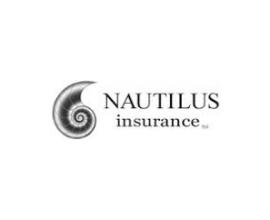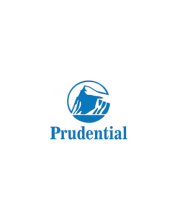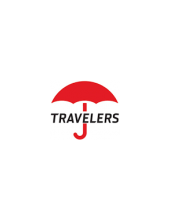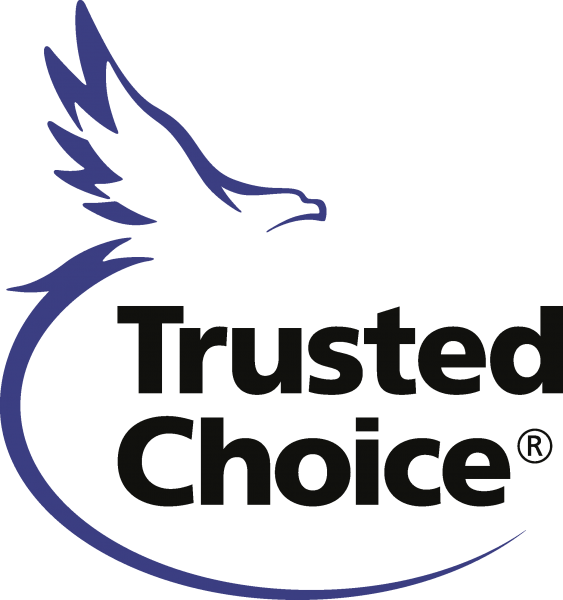We don’t have many catchphrases in the insurance industry, so we like the opportunity to throw this one out: Insurance stays with the vehicle.
That means if a friend, neighbor, relative, etc., drives your car with your permission and is involved in an accident, coverage is based on your policy, not who was driving.
It’s one reason insurance companies require policyholders to put all regular drivers in the household on the policy.
Both refer to the physical damage coverage included in the auto policy, be it personal or business auto. Collision insurance helps pay to fix or repair your vehicle following a covered vehicle accident or rollover for which you are proven responsible for.
Conversely, comprehensive insurance helps pay to repair or replace your vehicle if it’s damaged by something other than a collision with another vehicle; for instance, the deer that cross your path. Losses from theft, falling objects, flood, fire, storms, and vandalism are also covered by comprehensive insurance.
This is a summertime beauty, the season when people are most likely to ask this question. Supplemental car insurance can double the cost of renting a car, so it’s a big decision.
We wish we had a black-and-white answer, but this one is pure gray. It depends on the situation and your current auto insurance policy. But here are a few facts and coverage options to consider:
1) Drivers typically have the same amount of coverage on a rental car as they do on their own car at home. So collision coverage on your vehicle at home translates to collision coverage on your rental car. Liability-only coverage translates to liability-only on your rental car (i.e. no collision or comprehensive coverages are extended to the rental vehicle.)
The policy offered by the rental car company may offer similar protection, but the extent varies, so check the fine print and perhaps call your agent to double check the coverage on your own auto policy.
2) Check if the credit card you are paying with includes coverage for car rentals. Be thorough and also read the terms of the credit agreement, which typically does not cover liability or personal injury protection.
3) Consider the loss damage waiver (or collision damage waiver) through the car rental company, which frees drivers from responsibility for damage to the vehicle. It does not cover liability or personal injury, however.
Our take: Some of the insurance carriers we partner with suggest taking a form of rental car insurance coverage, especially the inexpensive loss damage waiver. It helps protect drivers who rent a particularly expensive vehicle, an excluded vehicle or drive in excluded territories. It also protects against loss payment, such as an immediate charge on the credit card used.
Think of it this way: Your ‘regular’ home or auto insurance policies offer the coverage one expects to need in standard insurance situations, such as a car accident or hail damage to your home.
Umbrella policies offer extra liability coverage for the times when it’s pouring rain so to speak.
It’s an extra layer of monetary protection -- $1 million to $5 million -- in the event of major claims and lawsuits. Almost everyone should consider this coverage. It not only protects your current assets but the loss of future earnings. Parents of young drivers, and landowners, in particular, should have this extra protection.
Although a one-or-two person business may not need workers compensation insurance, home-based businesses often do need more property and liability insurance than a typical homeowners’ policy offers.
We feel your pain, but unfortunately, the cost to repair a vehicle, to pay medical costs resulting from a car accident, or to settle legal matters resulting from an accident never decrease, and insurance premiums correlate to all three.
In most instances, insurance companies provide automatic coverage for new purchases, matching it to the greatest level of coverage on your existing insurance policy. (So if one of your vehicles has both collision and comprehensive coverage, your new vehicle does too. If your vehicles are covered for liability claims only, that is the extent of insurance on the new vehicle at the time of purchase.)
Notify your insurance agent as soon as you can. This built-in protection generally lasts no longer than two weeks to 30 days.
This is one of those features that most people don’t think about when they initially take out the policy and that’s exactly when one needs to. Often customers mistakenly assume it’s automatically included but that’s generally not the case. Doublecheck with your insurance agent, or contact him or her to add this important coverage.
Companies such as Farmers Mutual of Nebraska offer Emergency Roadside Services and work with Road America to offer roadside service at a competitive rate even if the driver does not carry it on their auto policy.
It’s best to contact your agent to check. The answer will generally be determined by the value of the jewelry. That’s because a homeowners policy protects two categories of assets: the home itself and the policy owner’s personal property, such as furniture, electronics, and jewelry. Personal property comes with its own limit of insurance coverage. Some policies also include limits for ‘luxury items.’ If your jewelry exceeds these limits, you will face a loss in the event of a claim. The safe route is to have the jewelry appraised and schedule it on the policy if need be.
Disclaimer: We are Independent Insurance Agents so this answer will be biased. BUT... we feel it’s worth explaining the differences, which most of our first-time customers don’t realize.
Independent simply means that we work with multiple insurance companies to best serve our customers. We might match one customer with Nationwide Insurance, but connect another to Farmers Mutual of Nebraska, depending on the coverage they seek. Our farm customers have a choice of three reputable crop insurance companies to work with.
Conversely, insurance agents who work with only one company offer options from only one company.
As independent agents, we don’t have quotas to meet. We are free to look at each customer and serve as a risk advisor and advocate.
We sometimes explain it this way: If we were an ice cream shop we (as independent agents) could offer many flavors; if independent agents were an airport they could offer flyers numerous airlines to pick from. We do the research and read the fine print to find each customer just the right ice cream flavor; just the right airline. It provides more complete coverage and often, a better value.




